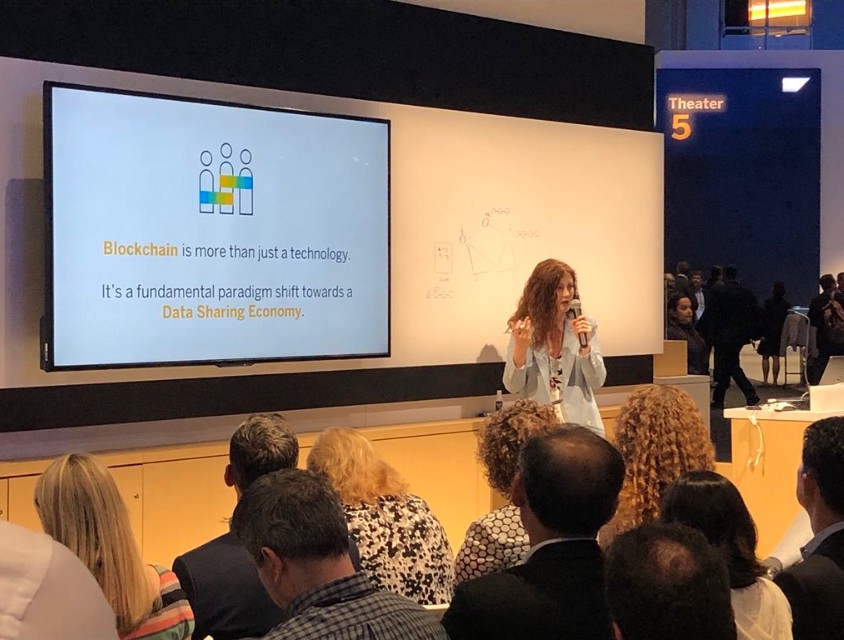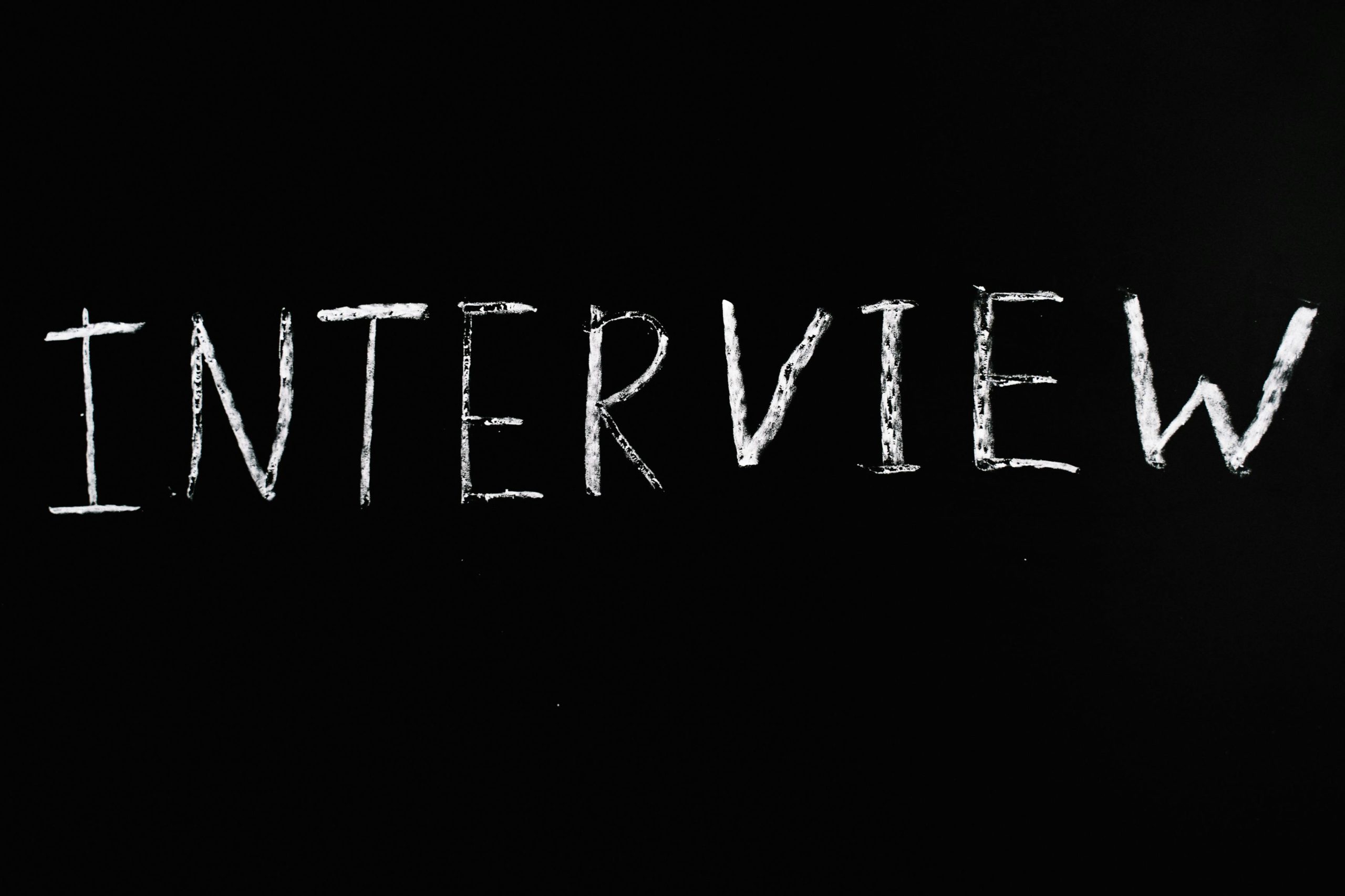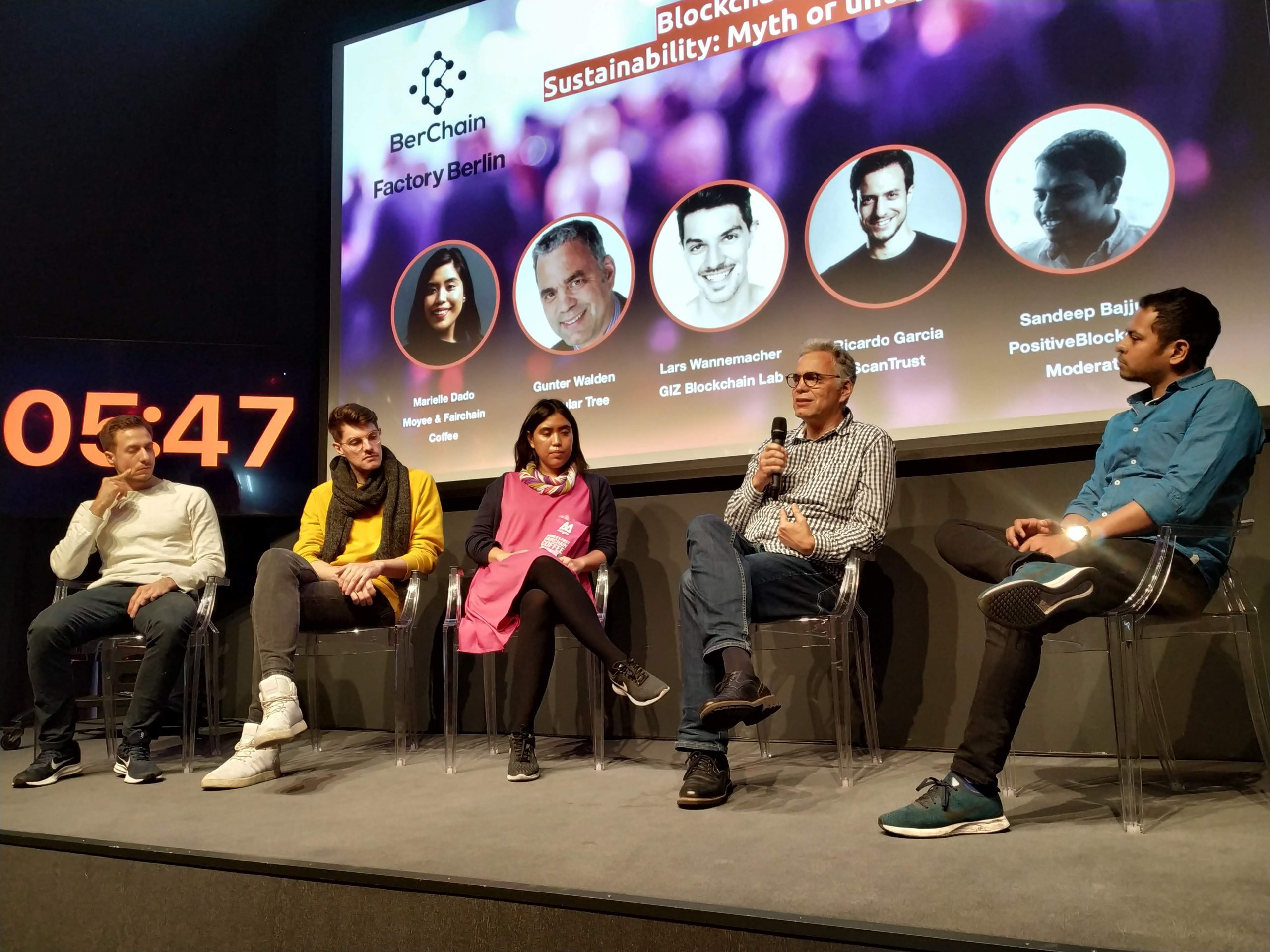
SaaS, Blockchain and Aviation: Is a New Tech Era on the Horizon?
After the election of Artiona Bogo as the new Secretary-General of BerChain e.V. in the General Assembly of September 6th, 2019. We decided to re-post this interview as an introduction of our newly acquired talent in the board.
Since its inception, blockchain has been hailed for its disruptive potential in the finance sector. Convinced that blockchain is on the brink of transforming more than just the finance industry, Artiona Bogo, jury member for the Aviation Blockchain Challenge, shared her thoughts on where blockchain can truly add value:
Q. Even though blockchain has been on everyone’s lips for a while, its corporate usage is often challenged by skeptics. Are big companies just joining the hype bandwagon or is there more substance to this trend?
When enterprises are looking for a way to optimize their processes, blockchain technology brings very interesting properties that can be pragmatically explored in the corporate arena. By adding a complementary layer to established business processes as well as a potential gateway to new operating models, blockchain opens up new opportunities for enterprises — especially in multi-party scenarios. Having walked the Blockchain journey along for more than 3 years to date, I currently see “permissioned” blockchains, whereby a group of participants in the network are given the authority to provide the validation of blocks of transactions, as best suited for enterprises. Certainly, the excitement about public (permission less) chains, where individuals are put at the center and rewarded in a far more democratized way, is understandable. Provided the technology matures, this will likewise influence the corporate world and blockchain may be empowering the next generation of business networks. In such networks, corporates communicate in a frictionless way with trust embedded at each and every step of the process.
Q. What role do enterprise software providers play in the blockchain revolution?
To successfully use technology, we need to look closely into customer operations and help solve their specific problems. Often, it is not about the enterprise software provider itself, rather their customers, so solving the customers’ problem is key and often times blockchain can help. Ultimately it is the duty of the software provider to pave the way for customers to embrace technologies such as blockchain, e.g. with ready-to-use service offerings to optimize their business processes. While I do believe in the transformative potential of blockchain, in some cases, other technologies might be more suitable to solve a customer’s business challenge, so keeping the focus on customers’ job to be done is crucial.
Q. If enterprise software providers like SAP believe in enterprise blockchains, why should start-ups also tap into that space and should they anticipate support or even competition from established players?
Collaboration across company boundaries is what excites us the most. There’s strong admiration for everyone who has started to solve real business problems, irrespective of their organizational background. A lot of cases in the past have been driven by technology. Now we see more and more focus on tackling business issues and blockchain happens to be one of those enabling technologies. Generally, the core idea of blockchain is collaboration based on shared data ownership, governance and operations. So, per definition, blockchain is a team sport. And while large corporates have clear strengths in business process optimization and industry knowledge, startups can bring in their unique value proposition for specific cases. For example, in the past SAP has already with start-ups, such as modum.io, to tackle a concrete business problem. I firmly believe that software providers like SAP can learn from startups, while they can benefit from the corporate’s footprint in the enterprise space, a clear win-win.
Q. What potential do you see in the aviation industry?
Blockchain can be used in all industries and lines of business, whenever shared data governance is needed. In my experience, often times, legal regulations make a good push. One of such use cases I have worked on at SAP for example, was originally motivated by a compliance issue in the pharma industry: Members of the pharmaceutical supply chain must provide the unique identification ofproducts which can be easily verified by customers, ensure secure data management and enable safecommunication with supply chain partners. To create, manage and communicate traceability data, we offer the SAP Information Collaboration Hub for Life Sciences solution, the Pharma Network solution, leveraging Blockchain concepts and technologies to add an additional layer of security and data integrity. In particular, this tackles drug counterfeiting which has become a global threat to people’s health. Besides blockchain-affiliated finance, we are also driving several pilot projects in supply chain and transportation & logistics towards adoption and productive usage. Blockchain has the potential to not only transform how business networks run but also how people and organizations interact in general, eventually creating new operating and business models. In aviation there is a lot to uncover by incentivizing sharing data that is currently stored in silos. I am already very excited about the insights and results of the Aviation Blockchain Challenge.
Q. For each industry, where are the biggest challenges and threats to adoption that move this technology from a ubiquitous buzzword to daily-life solution?
According to a survey by analyst firm Gartner, the implementation of blockchain projects is mainly hindered by lack of skills (e.g, too few dedicated blockchain development resources). Simply put, just getting started is a huge obstacle due to missing ready-to-use tools or resources. To solve this, large enterprise providers offer easy Blockchain-as-a-Service solutions, or in other words Blockchain-in-a-Box, empowering every customer, partner, and developer to use the technology and benefit their business. Furthermore, blockchain is not an isolated technology, but rather one that ties together an entire digital ecosystem. Collaboration is key, and we actively engage with our own business networks and the blockchain ecosystem. At SAP, I had the pleasure to work with more than 75 customers in a blockchain co-innovation program. It is important to keep the conversation around important topics like governance for data sharing and approaches for specific industries going together to make blockchain a reality in everyday business.
SAP.iO’s latest partnership with the Lufthansa Innovation Hub: The Aviation Blockchain Challenge, is on the hunt for entrepreneurs who can implement blockchain technology to solve some of the aviation industry’s stickiest problems.





